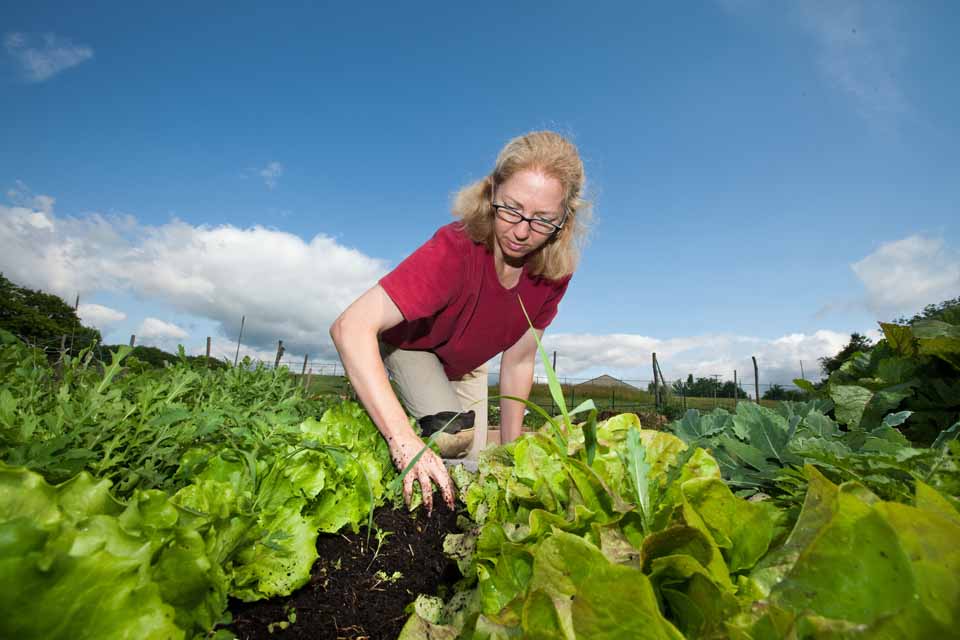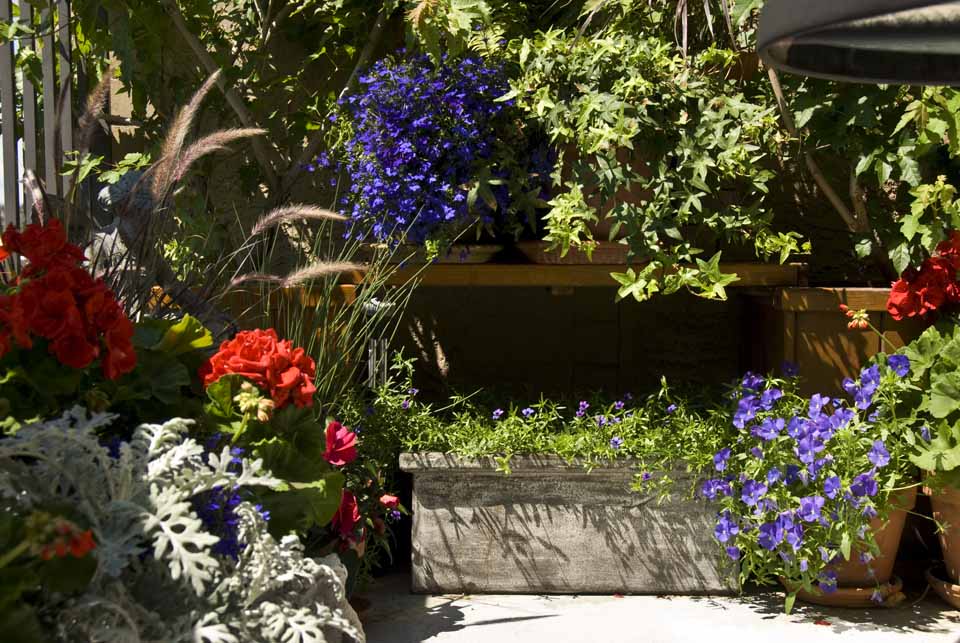Level 3
What is compost?
Nature makes compost naturally all the time. Leaves, grass, and branches die and pile up. Slowly they turn into dirt. That dirt feeds the living plants. It is called compost.
People make compost by piling garden and kitchen waste in piles, bins, or barrels. It’s easy to make! Feed your plants with it. It is satisfying to see how well plants grow.
Read the PDF and do the exercise
Visit the link
- Simple steps to composting.
Why compost?
1. Composting helps our environment.
Throwing less away means less waste. That is good for the environment. Almost one third of the garbage we throw away could be turned into compost.
2. Compost is good for the soil.
Weeds, leaves, grass clippings, vegetable peels, and other organic waste can be composted. The compost is added back into the soil. The compost helps to make the soil richer. It is sometimes called “black gold”.
Compost acts like a sponge. It soaks up water when it rains and releases water when the weather is dry. This is good for the soil and the plants.
3. Compost helps keep plants healthy.
Insects and diseases do less damage if the soil is full of compost.
The dark colour of compost draws the sun. The sun heats the soil. The soil gets warmer earlier in the spring and stays warmer longer into the fall.
4. Compost adds nutrients to the soil.
Compost contains important nutrients. The plants absorb these nutrients from the soil. This makes the fruits and vegetables you grow healthier and tastier.
Adding compost to the soil is the best thing you can do for your garden. You will see the results in your vegetables and your vegetables, flowers, shrubs and trees.
How do I compost?
- Decide on a place for a pile or a bin.
- If you live in an apartment, ask your landlord where you can put one.
- If there is no place to put one, put your waste in a green bin for the city to pick up. The city will make compost from it.
- Build or buy a compost bin. A compost bin is simply a 4-sided enclosure. The bottom is open so worms can move up into the compost.
- Fill the bin with organic material. Add waste from your kitchen and garden.
- Add kitchen scraps, leaves, grass, garden clippings in layers.
- Compost likes to breathe. Turn the pile over regularly, about once a week or so.
- Compost likes to be moist. Water your compost to keep it moist.
- The compost is ready to use when it is crumbly, dark, moist dirt.
- Spread the compost on your garden.


